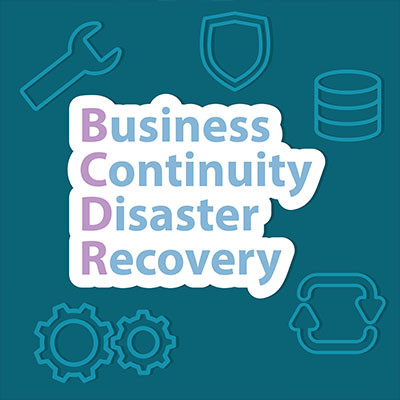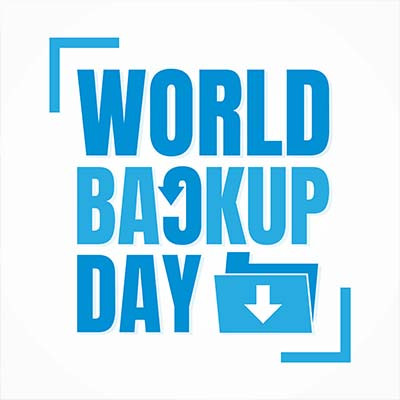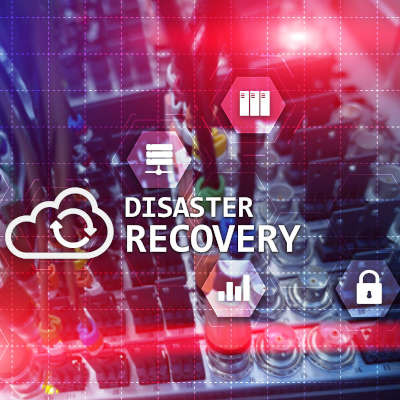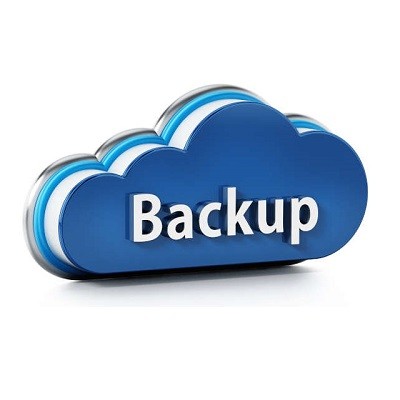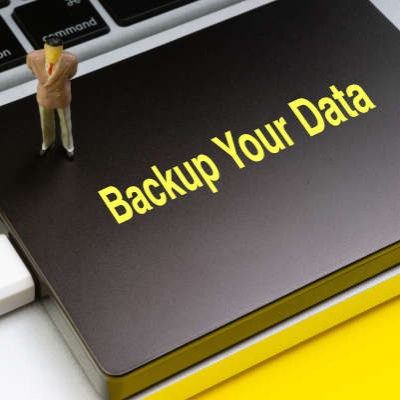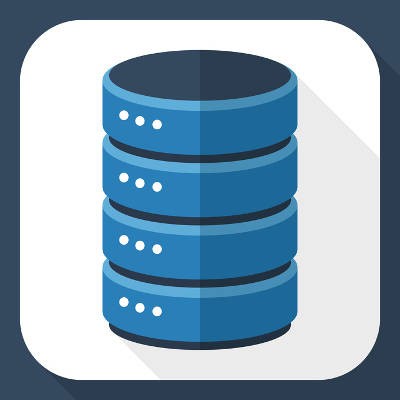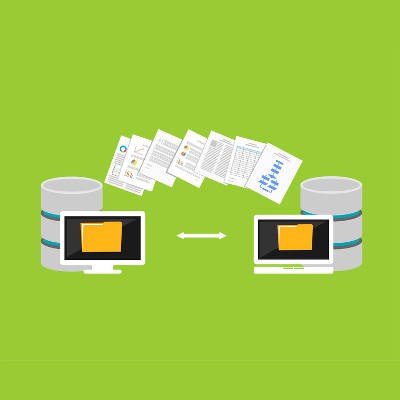Business continuity is one of those topics that is frustrating to confront. It’s not terribly interesting and has very little practical value in the context of day-to-day operations, but it is intrinsically important to the sustainability of any business that happens to deal with problems. Consider for a minute how many businesses fared when the COVID-19 pandemic was in full force. There weren’t many businesses that had contingency plans for a “global pandemic.” The businesses that were quick to respond and adapt often came out on top, compared to businesses that struggled to commit.
Argentum IT LLC Blog
“It won’t happen to me.” This is a common excuse amongst business owners who refuse to equip their network with a comprehensive data backup and recovery solution. They may feel like they’re careful enough to avoid a major data loss-causing disaster. Yet, the inconvenient fact remains that a disaster can happen to any business, no matter how prepared they may be.
It doesn’t matter where your business is located; whether it’s a tornado that rolls through your city, a structural fire that renders your office uninhabitable, or a freak snowstorm that brings down power lines or grinds travel to a halt, you’ll want to be ready for it all. We’ll go over what kinds of solutions your business can implement to ensure that no disaster, be it natural or artificial, like a cyberattack, puts a stop to your operations.
Tomorrow, March 31st, is the official World Backup Day, a day intended to remind us all of the importance of taking backups for the sake of data continuity. While this kind of day can be a valuable reminder of a critical best practice, we contend that your awareness of your backup (and the associated maintenance of it) should not be limited to a single day.
Because of the protection it can offer your organization, data backup is a necessary tool for you to have—that is, provided it has the requisite security and reliability you’ll need should you ever have to lean on it. Let’s go over a few guidelines to help you be sure that your backup is trustworthy enough to stake your business’ future on.
Sometime recently, novelty holidays have popped up for almost anything. Many of which just aim to celebrate the things about our lives that make life worth living. Take any random day, like May 12. There are a half-dozen “holidays” that day: National Limerick Day, National Odometer Day, National Nutty Fudge Day, National Fibromyalgia Awareness Day, National Receptionists’ Day, and National Third Shift Workers Day. So, May 12 runs the gamut of human existence.
As much as you hope it will not happen to your business, a disaster could very well strike at any time—statistics have shown as much to be true. To remove some of the risks associated with disasters and the data loss they lead to; we recommend that you implement BDR into your business continuity strategies.
If you’ve been following us for any amount of time, it is very likely that you have already heard us talk about the importance of a comprehensive data backup strategy. Recent events have made such preparations no less important for you to have in place. Let’s go over some of the key steps that you need to undergo.
Bad things happen. If your business fails to plan for the worst, when something terrible does happen, you could be looking at disaster. If you have a comprehensive continuity plan in place, however, you have a fighting chance. Let’s discuss some of the elements you absolutely need to address when making your business’ continuity plan.
There are many ways that data loss can take place. Malware can permanently delete your data, and ransomware can do the same (we aren’t even entertaining the notion that paying the ransom will return your data to you). Accidentally or intentionally, your end users could be the cause of data loss through deletion or overwriting data. Physical devices can be damaged and fail. When all is said and done, if your data is only stored in one place you will eventually lose it to some degree.
Each week, we try to provide some tips to help you out in some way. This time, we want to take a somewhat different approach and instead present you with two potential scenarios that your business could encounter—one with and one without a backup solution in play—and let you see the benefit that our tip this week (protect your business with a backup solution) can present.
Every business needs a continuity plan (BCP) so that if their business is forced to deal with problems that arise for any reason, that they have a working plan to get the business back up and operating as intended quickly. It’s one thing to have it all written down on paper, outlining how things are supposed to go, and quite another thing to have a working strategy when faced with operational interruptions. Today, we’ll go through some of the basics of business continuity to help you understand all that goes into a successful plan.
March 31st is World Backup Day, which makes it the perfect opportunity to share the benefits of implementing a complete backup plan. Unfortunately, the current COVID-19 pandemic and the resultant business interruptions make World Backup Day only too timely this year. Here, we’ll examine how these times make a business continuity strategy and data backup all the more important to have.
Data is of key importance to many modern businesses, and with the help of a managed service provider, it can become even more useful. Here, as we continue our series on the value that a managed service provider can offer you, we’ll focus on the ways that data can be harnessed to your business’ advantage.
When we discuss backup and disaster recovery (BDR), it may seem as though we’re talking about a single process - after all, there’s just one acronym for it. However, the reality is that - while these two processes are related to one another - backup and disaster recovery each require a different preparation process, with different considerations made for each.
Business disasters come in all shapes and sizes, which makes it all the more important that you take the time to prepare for those that your business may be susceptible to. This strategy needs to contain numerous considerations, based on the scenario at hand. After all, there is no shortage of events that can lead to disaster in the business world.
Hurricane season can be a scary time for business owners, as those in at-risk climates can never feel safe from these kinds of unpredictable and devastating storms. In particular, those who aren’t prepared to face this destruction are in considerable danger of having their organizations ended for good following a disaster event like a hurricane. We’ll help you make sure your business doesn’t suffer this same fate the next time it stares down a disaster.
Data backup is a critical part of any business endeavor, because if you don’t have one all of your hard work could be taken away in an instant. It’s not great to think about, but your business’ infrastructure could be put at risk of sudden annihilation. With so much at risk, what is the best way to approach managing your data? There are a lot of options out there, but there is only one that will allow your organization to get back in action following a crippling data loss incident.
Today most companies utilize computers in the dissemination of their services. Whether you run an office that deploys dozens of computers and multiple servers, a busy restaurant with a full-scale point of sale system, or a contractor that only needs one computer with invoicing software, you depend on your data. Since most businesses also provide goods and services for many people that indirectly depend on it, having a plan to protect the business from potential devastation is important.



